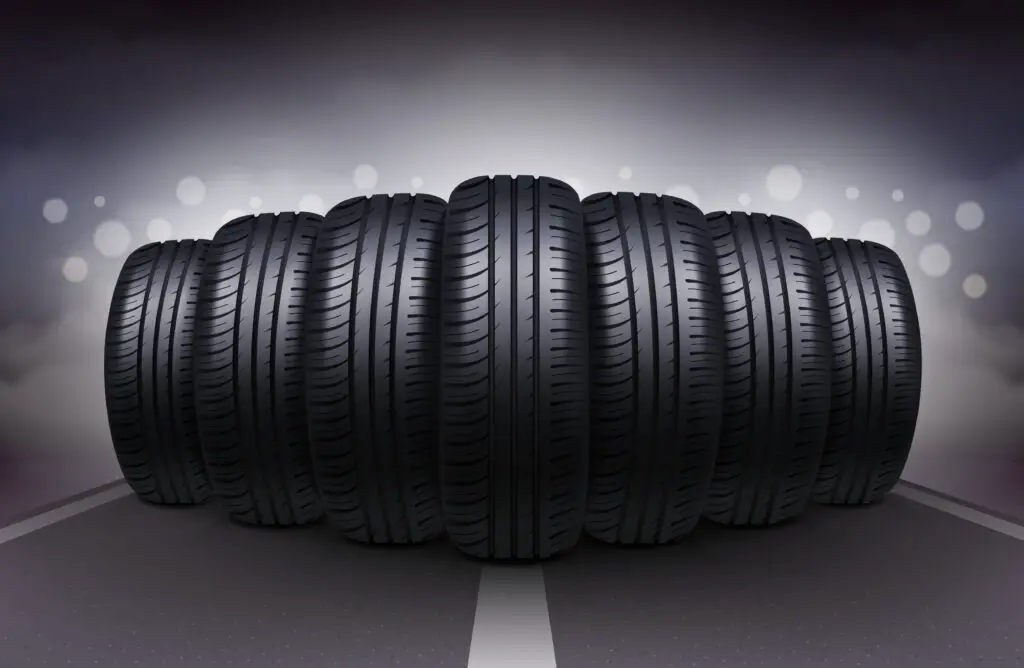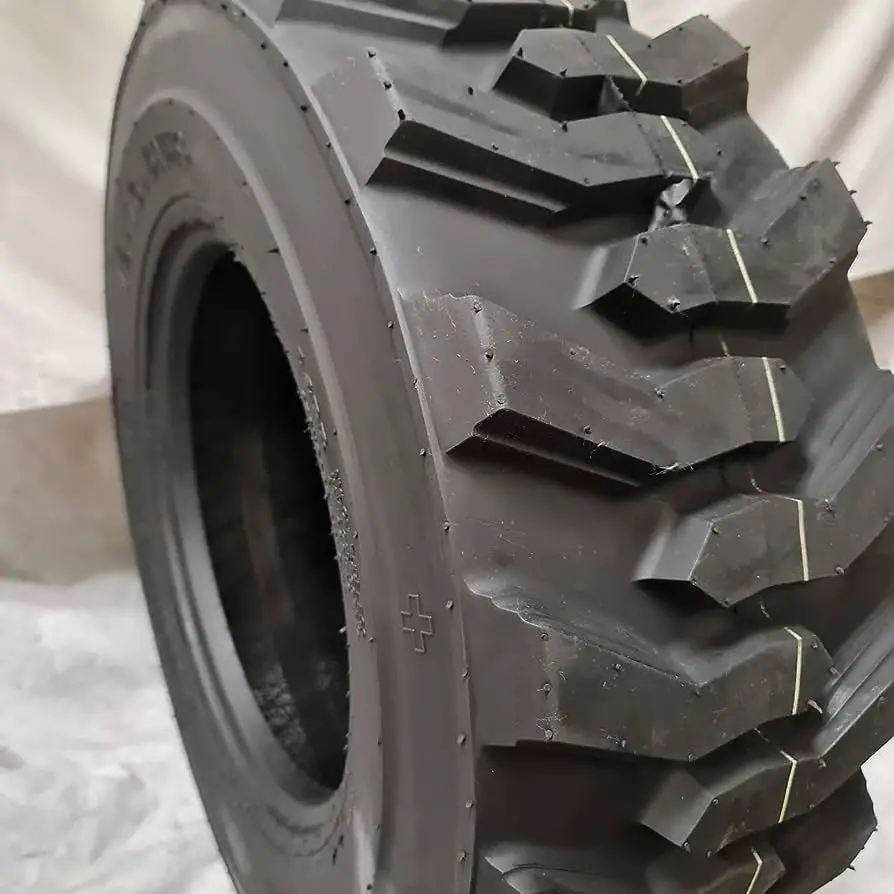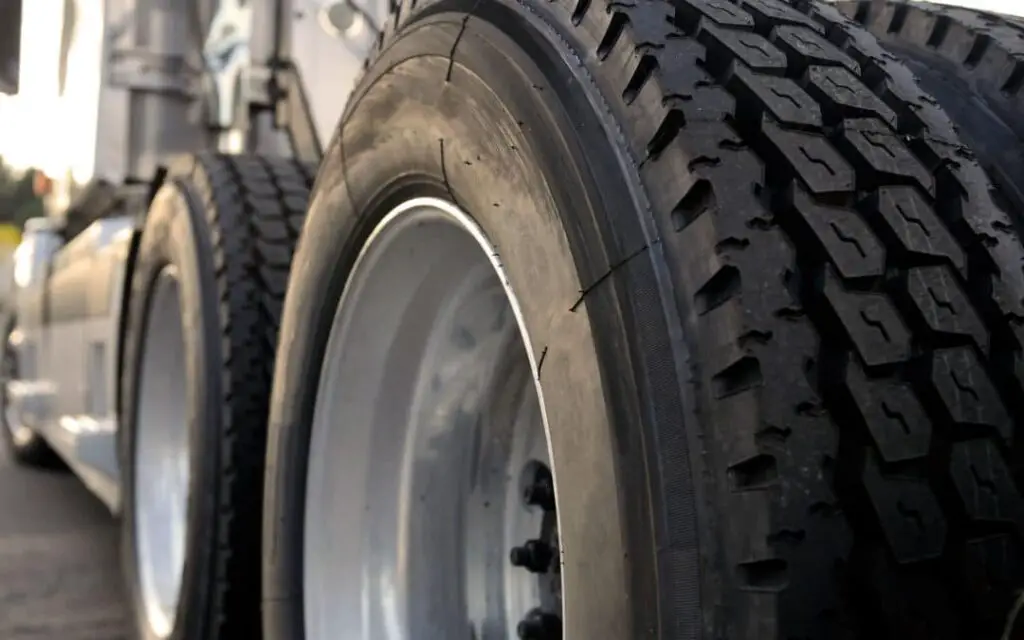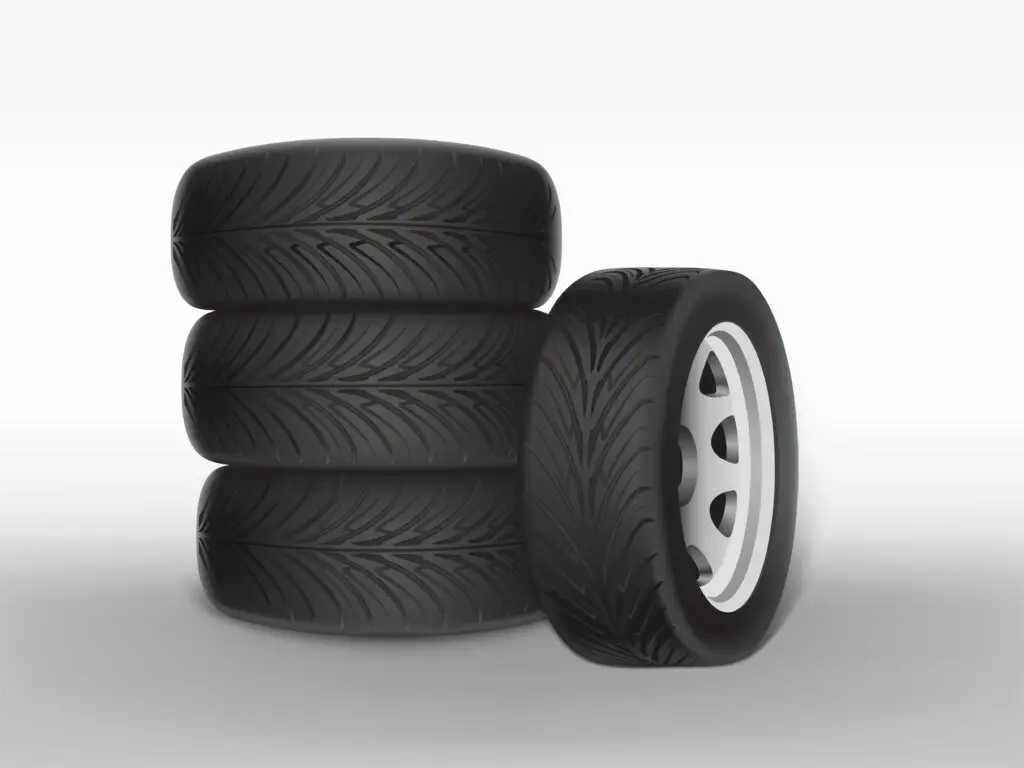Tires are extremely heavy, as you may have observed if you’ve ever lifted one. So, how much do tires weigh? The solutions are in this article.
The weight of a tire is influenced by its type and size. Larger truck tires weigh between 30 and 80 pounds, whereas smaller tires for passenger cars weigh between 20 and 22 pounds. The weight will also depend on the materials used, the tire’s quality, and the use.

In this post, we’ll examine the many aspects of tire weight in more detail. We’ll also go over the typical weight of the various tires available today. You will know the weight of tires once you have finished reading this article.
How Much Do Tires Weigh?
When it comes to our vehicles, we often think about engine power, fuel efficiency, and safety features. But how often do we consider the weight of our tires? Surprisingly, tire weight plays a crucial role in determining the performance and efficiency of our vehicles.
Factors Affecting Tire Weight and Size
The most important weight factor is the tire size, and there are a number of factors to take into account.
The diameter must be taken into account first and foremost. Volume is influenced by diameter, which also has an impact on weight. It also indicates how many materials will be used, raising the weight.

Application
The common passenger tire has a tread system, cover, and belt. The tire industry may contain all of these parts. However, some tire types made for specific applications could have additional features that increase weight.
For instance, mud or rough terrain tires have irregular blocks in the tread that are very different from standard passenger tires. Off-road tires are frequently heavier even though they are the same size.
It’s possible that premium tires are generally heavier and more robust. Compared to a typical tire, it may handle more rubber layers.
Related Search: How Much Do Car Tires Weigh? (Tires Sizes, Types + More)
Application of Tires
The tread, belt system, and tire casing are among the several parts of a typical tire. Although the majority of the materials used in these components are uniform across the industry, there are a few minor variances based on the tire’s kind and intended usage.
For instance, compared to an all-season tire, an all-terrain or mud-terrain tire will have larger tread blocks. Therefore, even though the two tires are the same size, the all-season tire will be lighter than the mud-terrain tire.
Tire Design
The type will also affect a tire’s weight, as was already mentioned. Let’s examine the various tire categories in more detail, along with their weights.
Passenger Car Tires
There are thousands of various passenger automobile models available today. And the wheel diameters on these various autos vary. The typical wheel size in this group falls between 13 and 20 inches.
Tires for commercial trucks
It goes without saying that commercial vehicle tires will weigh a lot more than a typical pickup truck tire. They are larger and heavier than regular tires as a result of the added weight. These tires must be able to traction and tow.

Commercial truck tires weigh approximately between 100 and 250 pounds. Some may be heavier or lighter under particular conditions.
Tires for monster trucks
This tire weighs between 800 and 900 pounds, making it the heaviest available. These heavy-duty truck tires are made especially for pulling and transporting large loads. They must therefore possess sufficient strength to support huge loads without blowing up.

The majority of the tires in this category are up to 66 inches tall and 43 inches wide. These hundreds of pounds of tires are 6 feet tall and 4 feet broad.
As a result, it is clear that these tires and regular truck tires have a sizable weight difference.
Truck/SUV Tire
Generally speaking, a truck or SUV tire ought to weigh around 45 and 100 pounds. Some tires, though, are lighter or heavier.

Like travel tires, truck, and SUV tires are available in a variety of different sizes. Light truck tires occasionally need to be towed with assistance. But similar SUV versions also come with these tires. The majority of truck tires come in sizes between 17 and 24 inches.
Specialty Tires
The tire industry is flooded with numerous varieties of specialized tires in addition to passenger tires and truck tires. These tires include, among others, those used on RVs, tractors, trailers, ATVs, and farm machinery.
These tires range in weight from 6 pounds to 250 pounds. Once more, the weight will vary depending on the use, kind, and size of the tire. For instance, a lawn mower tire weighs roughly 5.5 pounds, whereas a tractor tire weighs over 253 pounds.
ATV tires normally weigh between 35 and 70 pounds, while farm and tractor tires average between 200 and 400 pounds. The majority of golf car tires sold now weigh about 10 pounds, compared to about 30 pounds for a typical motorbike tire.
Frequently Asked Questions
How is tire weight measured?
Tire weight is typically measured in pounds (lbs) or kilograms (kg). Manufacturers determine the weight by measuring the total mass of a single tire, including all its components.
Do larger tires always weigh more than smaller ones?
Generally, larger tires, with larger diameters and wider widths, tend to weigh more than smaller ones. However, tire weight can also vary based on construction, materials, and other factors.
How does tire weight affect fuel efficiency?
Heavier tires create more rolling resistance, leading to increased fuel consumption. Choosing lighter and fuel-efficient tires can help improve your vehicle’s gas mileage.
Are there any benefits to heavier tires for certain vehicles?
Heavier tires may provide better traction and stability, which can be beneficial for larger vehicles like SUVs and trucks, especially in off-road or challenging driving conditions.
How can I find out the weight of a specific tire model?
The weight of a tire is usually available in the tire’s specifications provided by the manufacturer. Additionally, tire retailers’ or manufacturers’ websites may have this information.
Does tire weight affect the lifespan of the tire?
Tire weight itself does not directly impact the lifespan of the tire. However, heavier tires may experience more wear due to increased rolling resistance, especially if not properly maintained, leading to a shorter overall lifespan.
Can I upgrade my vehicle’s tires to a heavier weight category?
While you can upgrade to larger and wider tires, it is essential to stay within the recommended weight category specified by your vehicle manufacturer. Upgrading to a significantly heavier tire can potentially affect your vehicle’s performance and safety.
Is it necessary to balance the tires if they have different weights?
Yes, balancing the tires is crucial regardless of their weight. Balancing ensures even weight distribution, reducing vibrations and promoting even wear for a smoother and more comfortable ride.
Can tire weight affect the vehicle’s suspension system?
Heavier tires can place additional stress on the suspension system, potentially impacting its performance and longevity. It is essential to choose tires that are within the recommended weight range for your vehicle.
Are lightweight tires less durable compared to heavier ones?
Not necessarily. The durability of a tire depends on various factors, including the tire’s construction, materials, and usage. Some lightweight tires are designed with durable materials to withstand demanding driving conditions.
Conclusion
Understanding tire weight is essential for making informed decisions about your vehicle’s performance, fuel efficiency, and safety. The weight of tires varies based on factors such as size, type, construction, and load capacity. Lighter tires can improve acceleration, handling, and fuel efficiency, while heavier tires can provide better traction and stability.
When selecting tires for your vehicle, consider the specific requirements of your driving style and road conditions. Opt for tires that strike the right balance between weight and performance, ensuring a smooth and efficient ride on the road. Remember to check the load index and speed rating to match your vehicle’s requirements, and consider eco-friendly tire options to reduce environmental impact.
By being aware of tire weight and its impact, you can enhance your driving experience and make the most out of your vehicle’s capabilities. Whether it’s for everyday commuting or off-road adventures, the right tire weight can significantly contribute to a safe, comfortable, and enjoyable journey.





юр помощь